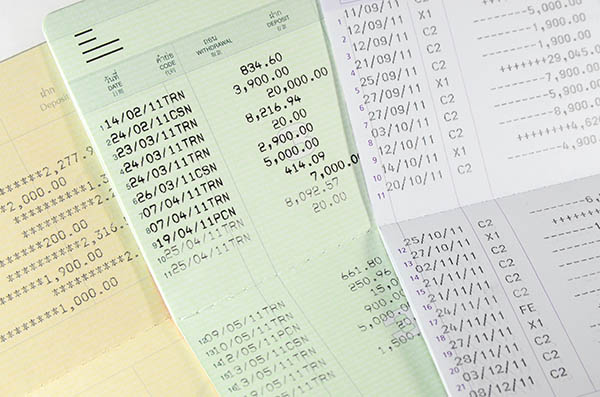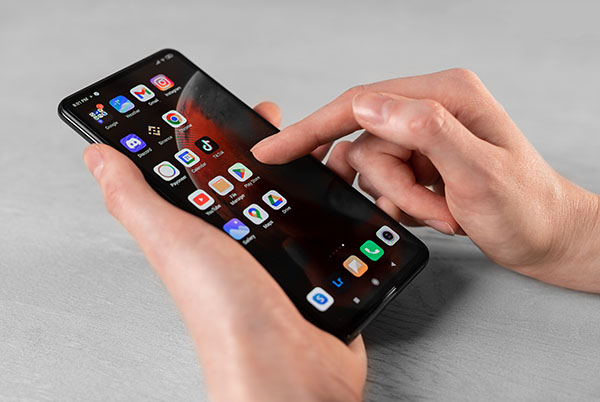Confirming Cheating: Methods to Uncover the Truth

Did you know that 73% of people have no idea their partner is cheating? This startling statistic from the Journal of Marital and Family Therapy underscores how challenging it can be to confirm infidelity. If you suspect your partner is unfaithful, you’re likely grappling with a mix of emotions and uncertainty. Let’s explore some methods to help you confirm or dispel your suspicions.
Trust Your Instincts

Often, your gut feeling is the first sign something’s amiss. Pay attention to:
1. Unexplained changes in behavior
2. Increased secrecy around phone or computer use
3. Sudden changes in appearance or grooming habits
4. Emotional distance or mood swings
Have you noticed any of these red flags in your relationship?
Observe Behavioral Patterns
Cheating often leads to changes in daily routines:
1. Unexplained absences or late nights at work
2. New hobbies or interests that don’t include you
3. Sudden changes in communication patterns
4. Decreased intimacy or affection
Does your partner’s schedule seem more unpredictable lately?
Analyze Financial Trails

Money can leave a clear trail of evidence:
1. Unexplained expenses or cash withdrawals
2. Hidden credit card statements or new accounts
3. Expensive gifts that you never receive
4. Sudden financial secrecy
Have you noticed any unusual financial activity?
Leverage Technology Responsibly

In our digital age, technology can provide valuable insights:
1. Check phone records for unfamiliar numbers
2. Look for new apps or messaging platforms on their devices
3. Review social media activity for suspicious interactions
4. Check location history if you share accounts
Remember, always respect privacy laws and boundaries when using technology to investigate.
The Spynger App Approach
For those seeking more concrete evidence, the Spynger app offers a comprehensive solution. This powerful tool allows users to monitor various activities on a target device, including calls, messages, location data, and more. It can potentially uncover signs of infidelity that might otherwise go unnoticed. However, it’s crucial to use such tools responsibly and within legal boundaries.
Gather Physical Evidence
Sometimes, old-fashioned detective work can yield results:
1. Look for unfamiliar items among their belongings
2. Check for unexplained receipts or hotel key cards
3. Notice any changes in their scent or appearance
4. Pay attention to any suspicious stains on clothing
Have you come across any unusual physical evidence?
Seek External Confirmation

Sometimes, outside perspectives can provide clarity:
1. Talk to mutual friends about any suspicious behavior they’ve noticed
2. Consider hiring a private investigator for professional surveillance
3. Check with coworkers about unexplained absences or behaviors
4. Look for patterns in social media posts from friends or acquaintances
Remember, while external input can be valuable, it’s important to verify any information you receive.
Confront with Care
If you’ve gathered enough evidence, it may be time for a confrontation:
1. Choose a private, safe location for the conversation
2. Present your evidence calmly and clearly
3. Be prepared for various reactions, including denial
4. Listen to their explanation, but trust your instincts
Remember, the goal is to uncover the truth, not to attack or accuse.
The Moment of Truth
Confronting a potential cheater is challenging. How will you approach this difficult conversation?
Moving Forward
Once you’ve confirmed cheating, you have decisions to make:
1. Decide if you want to work on the relationship
2. Consider couples therapy to rebuild trust
3. Set clear boundaries and expectations going forward
4. Focus on self-care and personal healing
Remember, healing from infidelity is a process that takes time and effort from both partners.
The Path to Healing
Whether you choose to stay or leave, prioritize your emotional well-being in the aftermath of infidelity.
In conclusion, confirming cheating requires a combination of intuition, observation, and sometimes technological assistance. While the process can be painful, uncovering the truth is often the first step towards healing and making informed decisions about your future.






